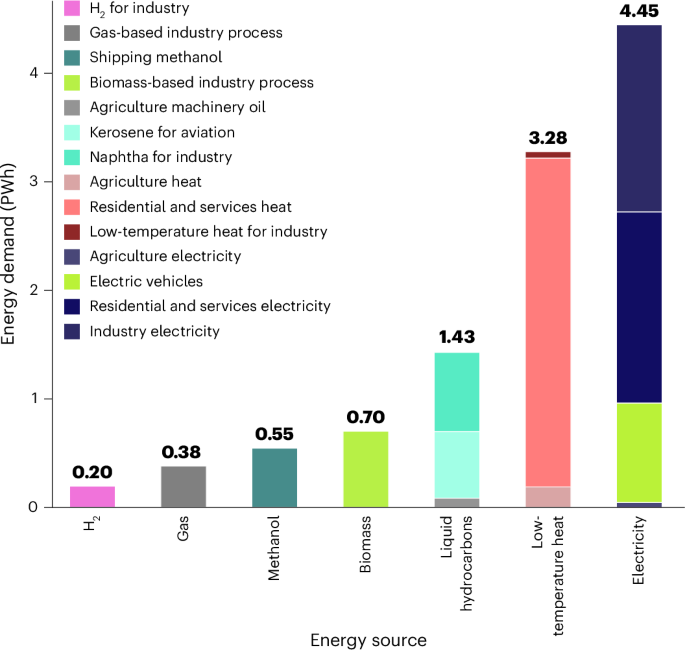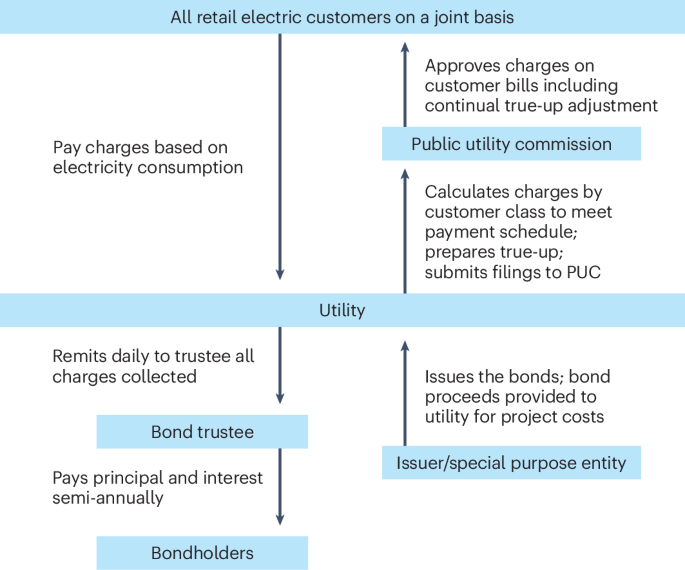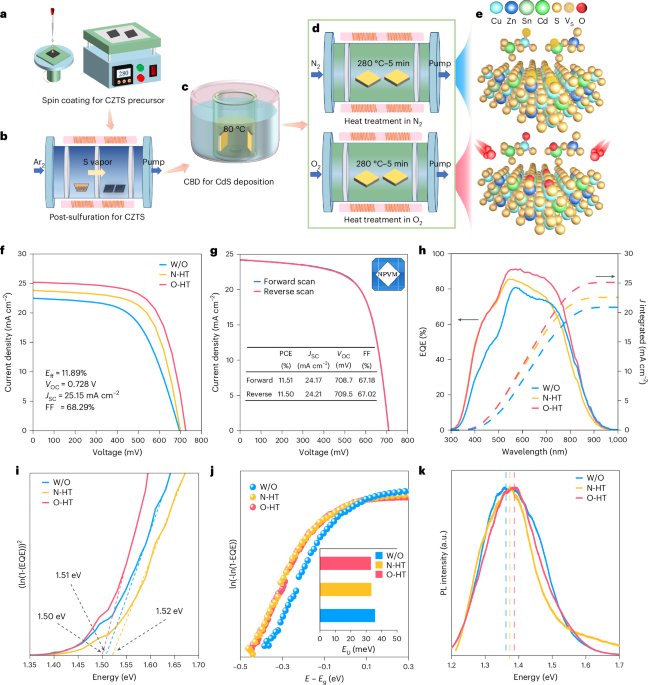How Rigid Corporate Law Hinders Venture Capital Contracting: A Taxonomy of the Impediments
Venture capital (VC) has been a driving force behind innovation and economic growth since the 1980s and is an established cornerstone of the U.S. economy. The success of the U.S. VC market hinges also on venture capitalists’ and entrepreneurs’ ability to leverage the flexibility of U.S. (Delaware) corporate law. This flexibility enables them to develop […]

Luca Enriques is a Professor of Business Law at Bocconi University, Casimiro Antonio Nigr is an Invited Researcher at the Goethe University, and Tobias H. Troeger is a Professor of Law at Goethe University. This post is based on their recent paper, and is part of the Delaware law series; links to other posts in the series are available here.
Venture capital (VC) has been a driving force behind innovation and economic growth since the 1980s and is an established cornerstone of the U.S. economy. The success of the U.S. VC market hinges also on venture capitalists’ and entrepreneurs’ ability to leverage the flexibility of U.S. (Delaware) corporate law. This flexibility enables them to develop sophisticated contractual frameworks that economists consider the most effective real-world solution to market frictions in financing high-tech innovation—a model that has been widely adopted globally.
A key insight from the existing literature is that efficient VC contracting relies heavily on private ordering. A flexible corporate law framework, therefore, facilitates VC contracting, while rigid corporate laws can constrain it. While scholars have emphasized this point over the past two decades, the precise mechanisms by which rigid corporate laws influence the complex contracting dynamics of VC have received far less attention.









































































































































































